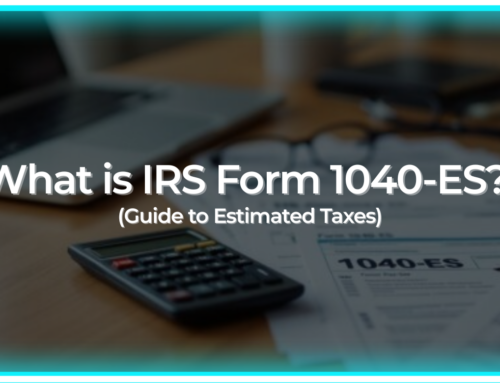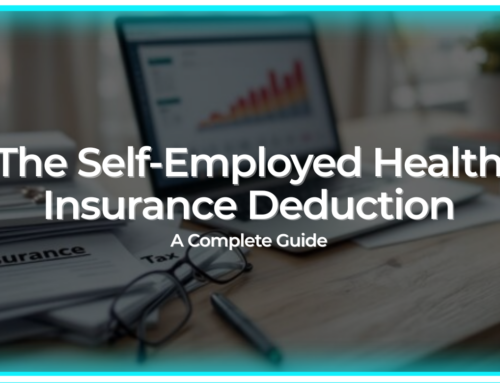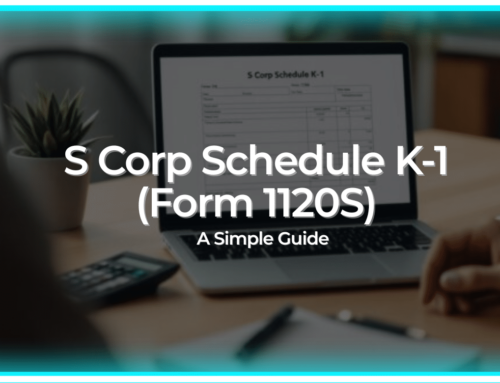Hi, I’m Bette Hochberger, CPA, CGMA, and today I will explain how an IRS audit works and how to prevent one. When dealing with taxes, the word “audit” is definitely something you do NOT want to hear. So, if you want to learn more about this important topic, stay tuned.
If you don’t know what an audit is, I’m here to explain it to you. An audit is a thorough review by the IRS of a company’s financial statements to ensure the financial records are fair and an accurate representation of the transactions they claim to represent. The IRS wants to ensure that you aren’t reporting less income than you actually earned or over-reporting deductible expenses. This audit can be conducted internally by the employees of the company or externally by an outside CPA firm. The IRS also does routine audits to verify the accuracy of the taxpayer’s returns and transactions.
What happens when you get audited?
- If the IRS sees that you don’t owe them any money, they’ll leave you alone. This is the best-case scenario.
- If the IRS finds out you owe them money, you will sign an official document that confirms the amount you owe; then, you’ll have to pay up. It doesn’t sound too bad, but yeah, it sucks.
- If the IRS finds out you owe them additional tax and you dispute it, that’s where things go really bad. In this case, you’ll want to hire a tax lawyer, enrolled agent, or CPA. Depending on the argument and case, the IRS will either reduce the amount you owe, make you pay the amount, or dismiss the charges altogether. (FYI- most CPAs never want to deal with this, so let’s make sure this doesn’t happen).
A few instances can trigger an audit. These include a random selection by the IRS, computer screening, and related examinations. For small businesses, failing to report income that has already been reported to the IRS, taking suspiciously big deductions, misclassifying your employees, and failing to issue information returns (W2s, 1099s, etc.) can also trigger an audit.
There are a few different ways you could be audited. A correspondence audit, office audit, and line-by-line audit. A correspondence audit means the IRS will send you a letter or email requesting further information about certain documents or transactions. An office audit means the IRS will want to interview you in person, and it’s best to bring a lawyer. A line-by-line audit just means you are chosen randomly; they’ll go through each line of your tax return to establish the “norms” that trigger future audits.
So, now that we’ve learned a bit about how audits work let’s discuss how to prevent one.
You can prevent an audit by…
- Accounting for all your income
- Double checking your return
- Staying consistent with your accounting method
- Classifying your workers correctly (are they an employee or a contractor?)
- Maintain all of your records
- Separate your personal and business expenses
Make sure to take note of this because you really do not want to be audited, and trust me, your CPA won’t want you to be either! Take those extra steps when dealing with taxes because it can get messy with the IRS. And if you need help with your taxes, I’m here to help.
As always, stay safe, and I will see you next time.







